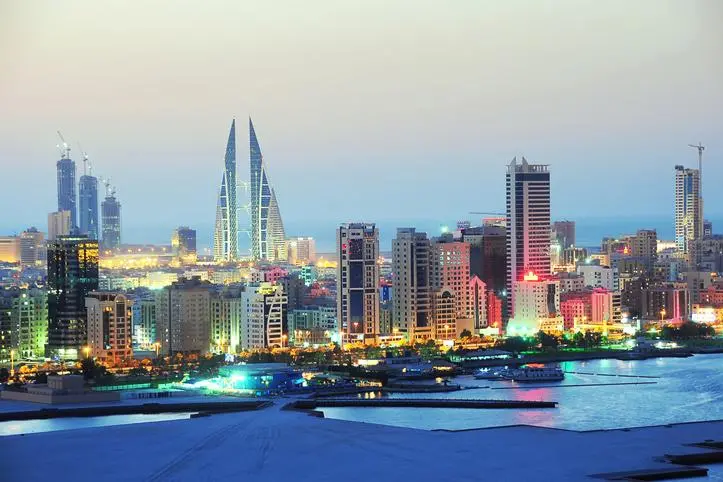PHOTO
S&P Global Ratings has affirmed its B+/B long and short term foreign and local currency sovereign credit ratings on Bahrain.
The Government of Bahrain’s slow fiscal response to past declines in oil prices has led to a large and growing stock of government debt. In addition, gross international reserves are both low and volatile. However, the outlook remains stable reflecting that the central bank would be able to meet a surge in demand for foreign currency over the next 12 months and potential financial support from neighbouring sovereigns, said S&P.
Government external bond and Sukuk issuance has been the main support for the Central Bank of Bahrain's gross international reserves in 2017 and continuing into 2018. This funding was followed by an average $280 million-drain on reserves in the subsequent months. The base level of reserves has been trending lower after each sustained decline before the government issues more bonds.
“We expect a modest narrowing in Bahrain's current account deficit this year and the next compared with the past two years, based on our assumption of higher oil prices”, said S&P.
Bahrain's retail banks, the main domestic intermediators, appear in healthy in terms of liquidity, capitalisation, and leverage, with a loan-to-deposit ratio of 65 per cent and there is expectation for fiscal imbalances to moderate, from close to 10 per cent of GDP in 2017 to around seven per cent by 2021.
© 2018 CPI Financial. All rights reserved. Provided by SyndiGate Media Inc. (Syndigate.info).





















